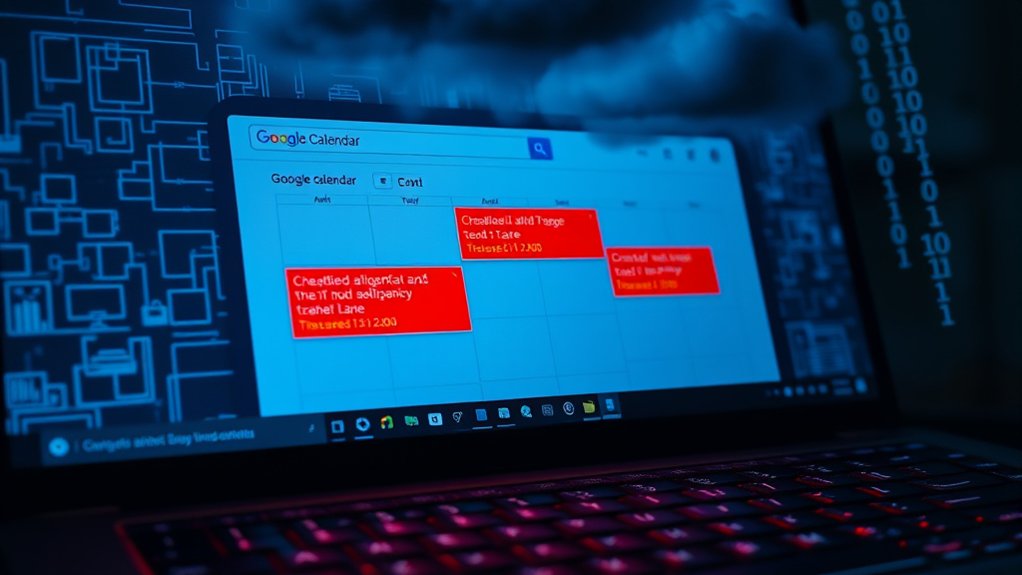As cyber threats continue to evolve, APT31, a cyber espionage group linked to China, has emerged as a significant player in state-sponsored hacking activities. Active for approximately 14 years, this group is associated with China’s Ministry of State Security, targeting U.S. businesses, officials, and individuals perceived as critics of China. Their operations not only exemplify China’s assertive approach to cyber warfare but likewise illustrate the rising stakes in global cyber espionage.
In early 2022, APT31 was implicated in a brazen attack against the Czech Foreign Ministry. The infiltration, characterized by advanced techniques, showcased the group’s preference for using malicious emails disguised as legitimate news articles to compromise their targets. Over 10,000 such emails have reportedly been utilized, equipped with tracking links that facilitate the transmission of confidential recipient data back to the attackers. APT31 has also been known for targeting family members of victims as part of their reconnaissance strategy. This tactic is part of their broader strategy to leverage exploiting home devices for network breaches.
These attacks raise alarms, particularly within the context of political dynamics in Central Europe, where Czech officials have often voiced dissent towards Chinese government policies.
Focusing on economic espionage, APT31 seeks to gather sensitive information, including trade secrets and intellectual property, which has far-reaching implications for global trade relations. The group has likewise faced significant international scrutiny, evidenced by a U.S. indictment in 2020, charging seven individuals associated with the group with conspiracy to commit computer intrusions and wire fraud.
APT31’s focus on economic espionage poses serious risks to global trade, culminating in a U.S. indictment of key group members.
As revelations of APT31’s persistent operations come to light, experts warn of the accompanying risks of transnational repression. Their surveillance methods target dissidents and activists critical of Beijing, contributing to China’s broader strategy of suppressing dissent.
This ongoing cyber threat not only exacerbates diplomatic tensions but also highlights the need for improved global cybersecurity measures. With significant financial losses reported by impacted businesses, APT31 continues to serve as a stark reminder of the implications of state-sponsored cyber activities on international stability.









